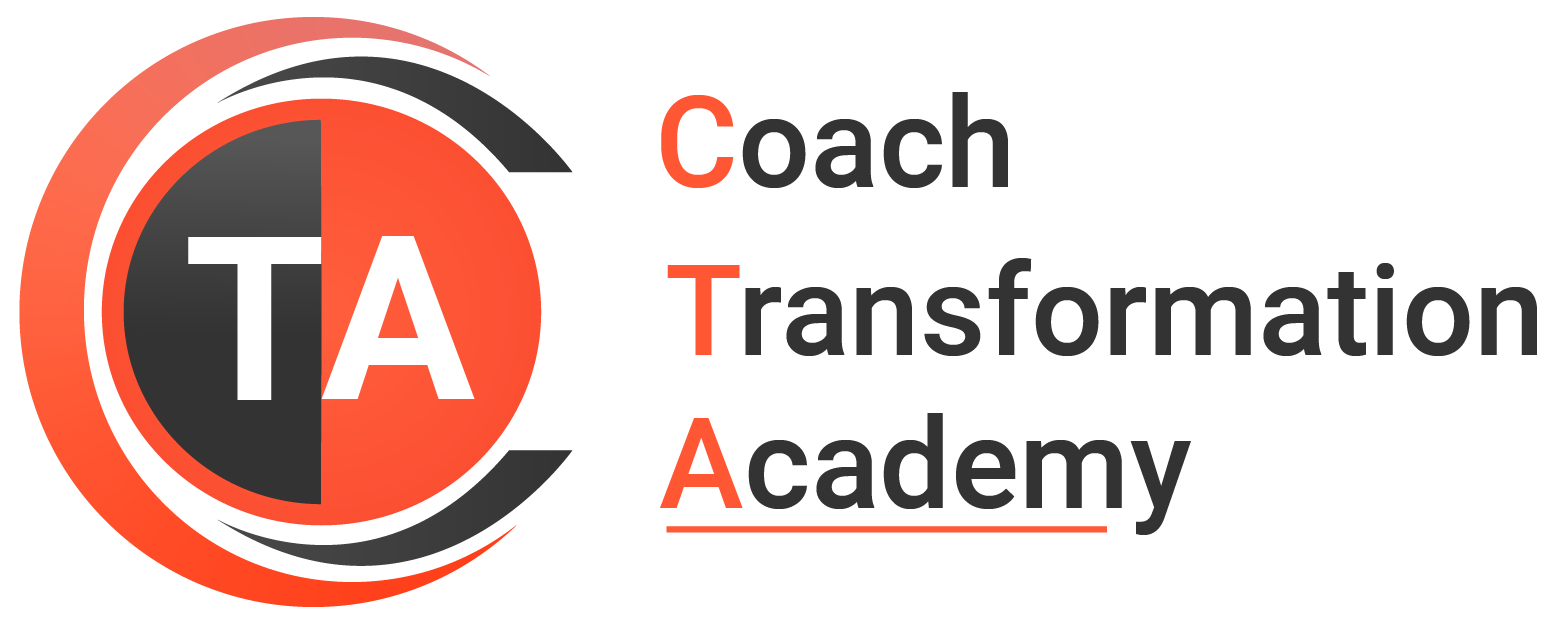The ramifications of influential changes in the high-octane corporate enterprise are radical. Although the enterprise environment is subject to changes, the only constant is perseverance and coaching! Coaching in the business ecosystem isn’t new, but there is a whole gamut of misconceptions related to coaching.
People think that anyone gives tips or advice is a coach. Individuals often misread the difference between mentors, coaches, and of course, leaders. In contrast, coaches don’t ask anything to do. They ask meaningful coaching questions that redirect people in a productive direction. Note that asking questions isn’t coaching, but asking the right questions and practicing reflective inquiry is.
What is coaching?
The word “coaching” means something different to everyone. For some, coaching is a way to escalate their professional prowess and tap into their real potential, while for others, coaching is just a set of instructions that dictate how certain tasks should be done. However, coaching is far more complex than what we see on the surface, and the credit goes to the right coaching questions. The founding members of ICF asked the question, “what makes coaching different from consulting and therapy?” From an extensive debate on the question, the ICF definition of coaching emerged as:
Coaching is defined as the process of partnering with clients in a creative and thought-provoking methodology to inspire them and amplify their professional and personal potential.
The takeaway in the definition is partnering. Unlike mentors or leaders, coaches don’t act as analysts or experts, even when they have relevant expertise or education. Instead, they act as thinking partners and ask clients all the right coaching questions to see beyond the stumbling blocks of challenges and find the solution to their own problem.
The goal of coaching
On the contrary to popular belief, coaching isn’t intended to fix people. Coaching is about providing the support, structure, and encouragement to aid clients create sustainable changes for the good. Now, coaching is about proactively supporting and investing in an influential change- instead of focusing something..
The purpose of coaching is to help people learn on their own rather than teaching or telling them. It’s like walking. People don’t learn how to walk by instruction. They learn it by habit. With the right ideologies and a structured coaching program, individuals can foster the coaching principles as a way of life.
Conclusion
Gone are the days when coaching was reserved for the “executives in trouble” or for malfunctioning organizations that need a radical intervention to pull them up from a downward spiral. Today coaching is about recognizing the strengths of existing and ascending leaders. The right coaching questions can maximize overall output, and when orchestrated coaching principles are fully engrained, coaching can rewire your worldwide view and become a way of life.
Ready to take the next big step in coaching and ask all the right coaching questions? Coach Transformation Academy offers coaching training for personal and professional development. You can check more about our accreditations and courses here.
You can read more blogs on coaching here.






